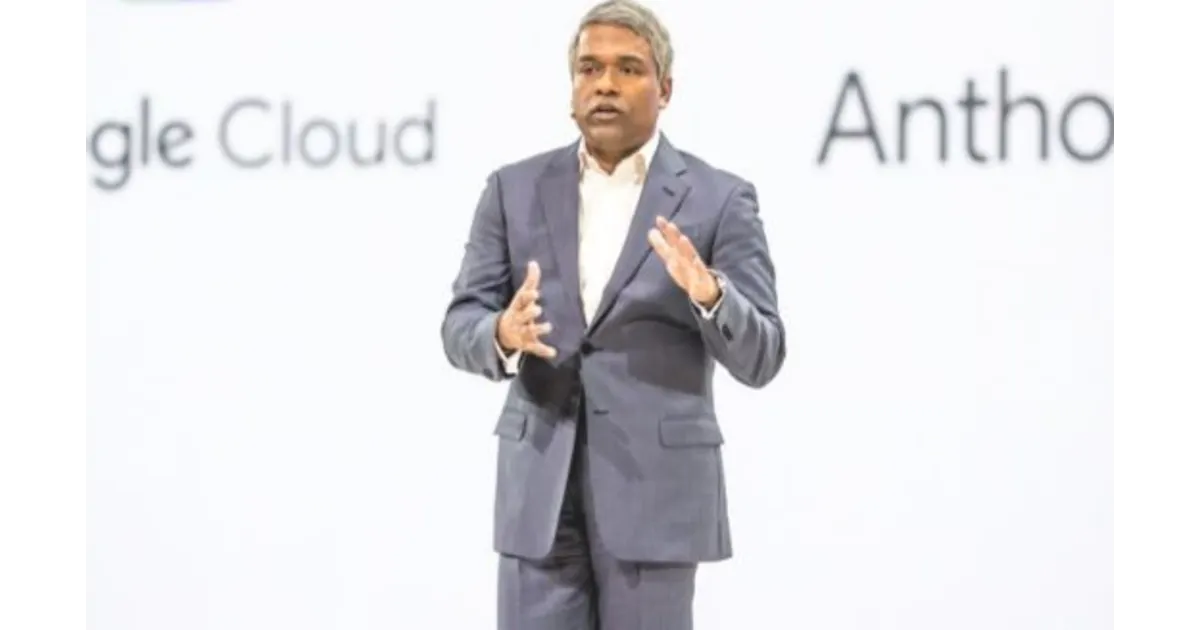
Addressing Fears of Job Losses Due to AI
Google Cloud CEO Thomas Kurian has dismissed growing concerns that artificial intelligence will lead to widespread technology job losses. Instead, he envisions AI as a powerful tool that will enhance worker productivity and unlock new potential. In an interview with the tech newsletter Big Technology, Kurian emphasized that AI should be embraced as an enabler, not a substitute for human talent.
Finding the Balance Between Automation and Human Contribution
Kurian advocates for a balanced approach to AI integration, challenging the often alarmist predictions of mass automation. “There is definitely a middle ground,” he stated, emphasizing that AI’s true role is to augment human skills rather than replace employees entirely.
Google’s Customer Engagement Suite: A Real-World Example
One of the strongest examples Kurian cited is Google’s Customer Engagement Suite, a set of AI-driven customer service tools launched last year. Despite initial fears among clients that AI might lead to layoffs, Kurian revealed that “almost none of our clients have let anyone go.” Instead, the technology has helped businesses address previously overlooked customer inquiries, enhancing service without reducing staff.
Enhancing Capabilities Without Cutting Jobs
When the Customer Engagement Suite was introduced, some companies worried about the redundancy of customer service agents. Contrary to these fears, AI has taken on minor, routine queries that did not merit human intervention, enabling employees to focus on more complex tasks. Kurian highlighted how AI is enabling businesses to improve both productivity and customer satisfaction in unprecedented ways.
AI’s Impact on Engineering Productivity at Google
Kurian’s optimistic view is echoed by Google CEO Sundar Pichai, who earlier this year shared insights about AI’s impact on engineering teams. On the Lex Fridman Podcast, Pichai disclosed a 10% increase in productivity among Google engineers, driven by AI tools that assist with repetitive tasks. This boost translates into additional engineering capacity, allowing teams to concentrate on creative and strategic initiatives.
Hiring Trends and Future Prospects
Far from reducing its workforce, Google plans to expand its engineering staff in the coming year. Pichai explained that AI is broadening the company’s “opportunity space,” enabling employees to pursue more ambitious projects. This approach reflects a strategic shift where AI complements human innovation rather than competes with it.
Data Supporting AI-Driven Collaboration
Concrete figures reinforce this positive outlook. During Alphabet’s latest earnings call, Pichai reported that AI now generates over 30% of Google’s new code, up from 25% six months earlier. This trend illustrates a future where AI and humans collaborate closely, driving higher efficiency and accelerating technological breakthroughs without reducing headcount.




